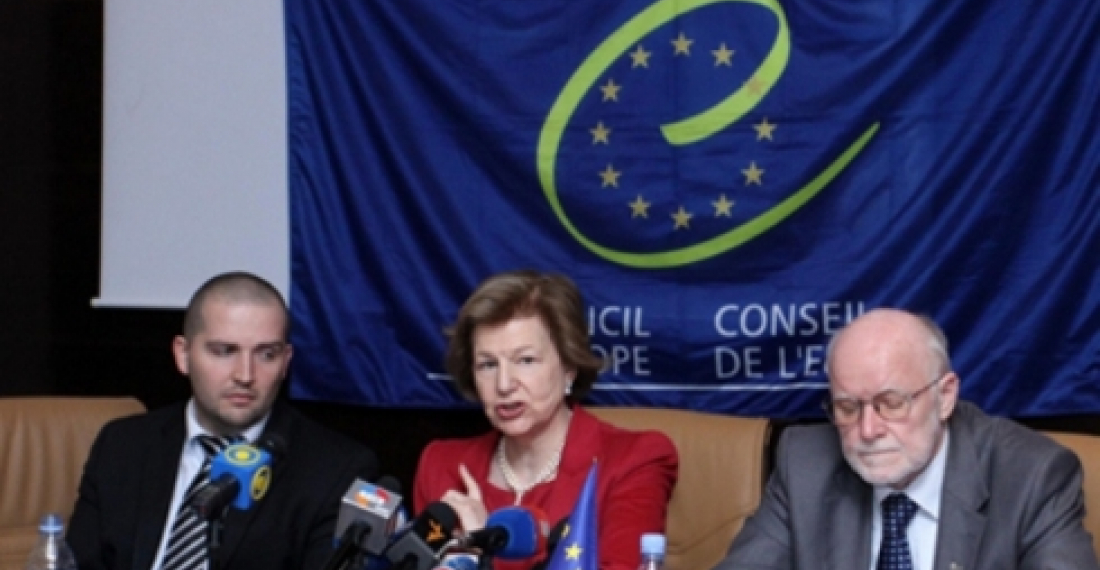The Parliamentary Assembly of the Council of Europe (PACE) hopes that the forthcoming May 6 parliamentary elections in Armenia will be “perfect”. The head of PACE electoral mission to Armenia, Baroness Emma Nicholson said this at a press conference in Yerevan on April 12, Mediamax reports. According to her, they held many meetings in Armenia during the previous days and gained information about various issues and problems.
Emma Nicholson noted that a PACE observation team comprising 28 parliamentarians will arrive in Yerevan to carry out the observation mission on May 3. The Baroness pointed out that they have a big experience in conducting elections. She assured journalists that they will “fix both the shortcomings and the positive aspects.”
When asked about the election lists, Emma Nicholson said that the mission had met with the leadership of Passport and Visa Department of the Armenian Police. “We have had fruitful discussions, and they told us they were working to create mechanisms for providing more transparency to processes.”
In the meantime the second briefing on the 2012 Armenian Parliamentary Elections prepared by LINKS Analysis was released today and focuses on the three party coalition that has been the bedrock of support for President Serzh Sargsyan in the last four years. The briefing says "The coalition that has backed Armenian President Serzh Sargsyan government in the last four years has very often looked tired, divided and without vision, and the 6 May parliamentary elections will provide a test to all its three components, one of which may not make it back to the parliament at all. But the coalition’s first test is going to be its ability to deliver free and fair elections that will give the Armenian political system in general a legitimacy that it has to some extent lacked."
The full briefing is available here.
source: commonspace.eu with Mediamax and LINKS Analysis
photo: British parliamentarian Lady Emma Nicholson addressing a PACE Press Conference in Yerevan on 12 April (picture courtesy of Mediamax).







